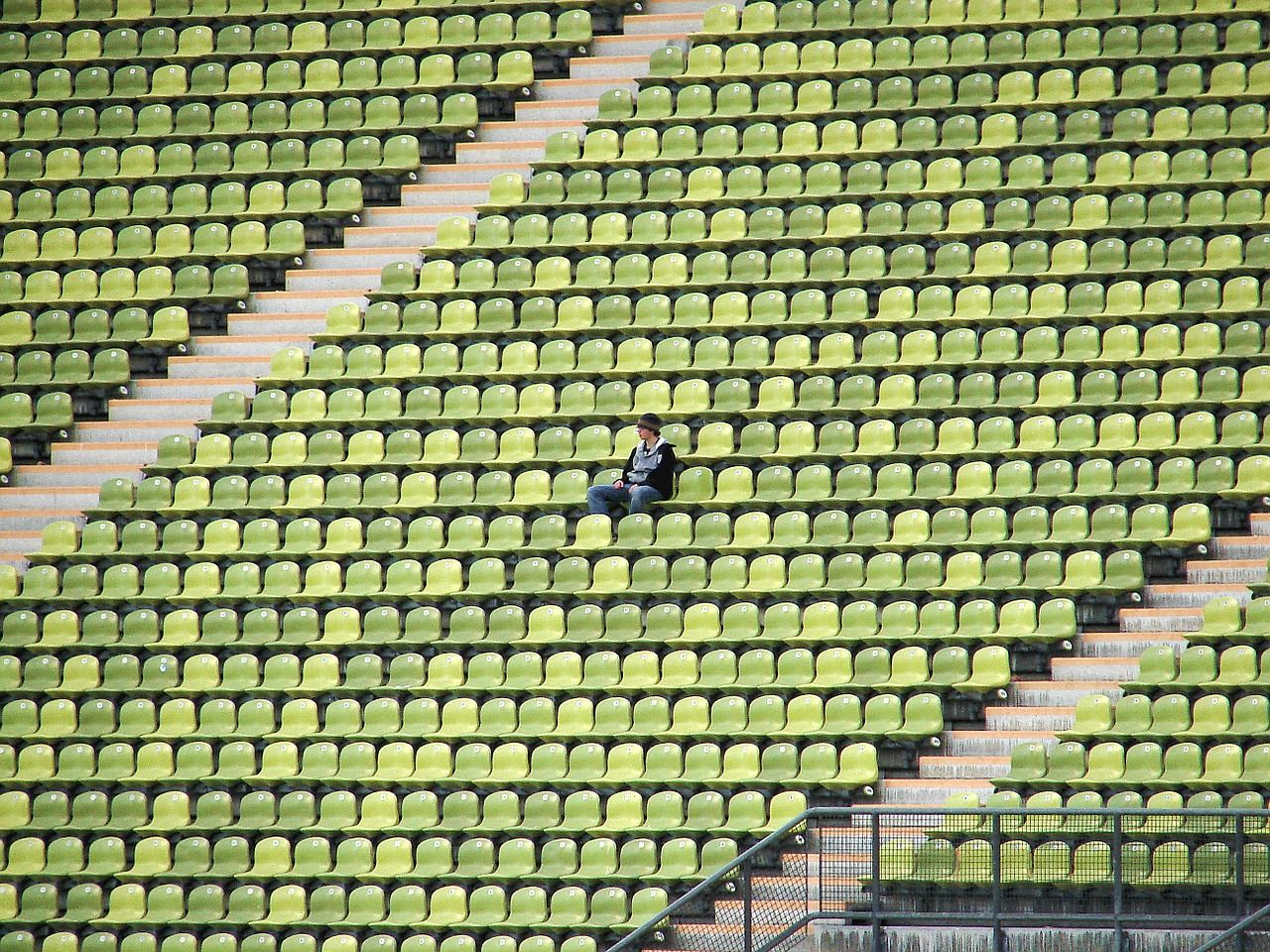People living in isolation are at an increased risk of stress, cardiovascular diseases, mental health and even bone loss. Yes, you heard it right! According to a new study, social isolation can also affect bone health in males.
In the study conducted on mice, researchers evaluated the impact of social isolation and bone loss. They found that isolated male mice have lower bone density compared to those living in groups.
“While researchers have investigated the negative effects of other forms of psychosocial stress on the bone, including depression and PTSD, the effects of social isolation on bone have not been thoroughly investigated,” the researchers explained.
During the trial, researchers evaluated 32 mice, both male and female, that were divided into two groups. One group was placed in social isolation by keeping one mouse per cage, while the other group was housed in four per cage.
At the end of four weeks, researchers measured bone quality based on their bone volume fraction and cortical bone thickness. Male mice in isolation had a 26% reduction in bone volume and a 9% reduction in cortical bone thickness. They also showed signs of reduced bone remodeling, a process that entails the resorption of old or damaged bone, followed by the deposition of new bone material.
However, female mice did not show bone loss after the isolation period but had an increased bone resorption-related gene expression that can increase fracture risk.
Although the exact mechanism behind bone loss associated with isolation is not determined, the researchers are evaluating the role of various stress hormones and the body’s sympathetic nervous system. The team believes females are less affected due to the protective effect of estrogen on bone health.
“Lack of social interaction [may have affected] testosterone production and hormonal balances, changing bone metabolism in a negative way. [It may be that] the female hormonal cycle is less affected over a 4-week span,” Dr. Douglas Landry…
Read the full article here

Leave a Reply